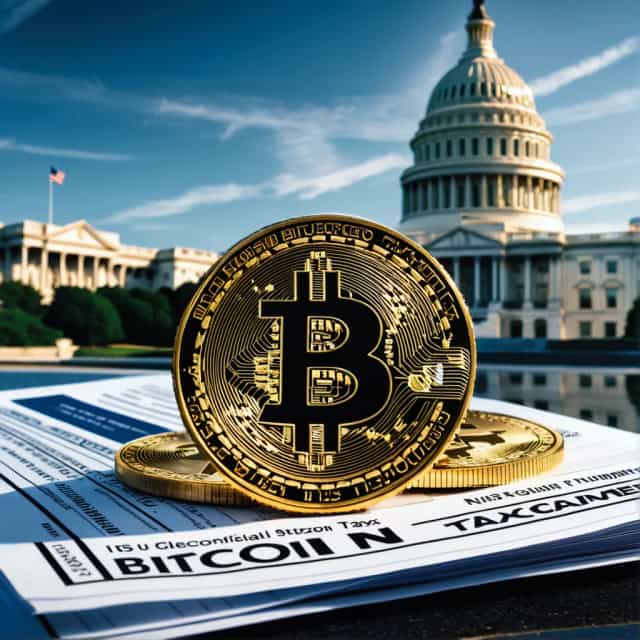
Image source: Block Media
South Korean Won Strengthens Amid Kospi Surge to Historic Highs
In a notable development on November 2, South Korea's foreign exchange and equities markets showcased strong momentum, as the South Korean won slightly appreciated against the U.S. dollar. Meanwhile, the Kospi Index soared to an unprecedented record, signaling robust investor confidence in the country’s economy.
South Korean Won Gains Against the Dollar
In Seoul's foreign exchange market, the South Korean won closed at 1,400.0 per U.S. dollar by the end of the trading session at 3:30 p.m. local time. This represents an improvement of 3.2 won compared to the previous trading day. The day began with the won trading at 1,402.0 against the dollar, a slight decline of 1.2 won from the prior session. Throughout the session, the currency exhibited fluctuating movement, briefly climbing to 1,404.8 before reaching an intraday low of 1,399.5.
The appreciation of the won aligns directly with heightened foreign investor activity in South Korea’s domestic stock market. Increased confidence among foreign investors contributed to substantial net buying that drove the Kospi Index to an all-time high, indirectly aiding the currency's performance.
Kospi Index Soars to Record Levels
Fueled by aggressive foreign investment, the Kospi Index reached a historic peak of 3,549.21 points on November 2. Foreign investors purchased a staggering 3.127 trillion won ($2.3 billion) worth of shares during the day, reinforcing optimism in the South Korean equities market. The surge in net foreign buying decisively propelled the index upward, setting a landmark for the nation’s primary bourse.
Amid global economic uncertainties, this renewed interest in South Korean equities highlights growing confidence in the country’s economic resilience and growth prospects. The Kospi’s record-breaking performance reflects positive market sentiment, overcoming previous concerns related to external factors such as fluctuating global economic conditions.
Global Trends Impacting Currency Markets
On the international stage, the U.S. dollar index—an indicator of the dollar’s strength against a basket of six major global currencies—registered a 0.09% increase on the day. The index climbed to 97.699, revealing persistent demand for the greenback in global markets. Despite the dollar’s steady performance, the South Korean won managed to gain ground due to localized factors, including the surge in foreign stock purchases.
Cross-currency exchange rates also demonstrated minor shifts. As of 3:30 p.m., the won/yen rate stood at 951.35 won per 100 yen, marking a decrease of 0.97 won from the previous session. While fluctuations in cross-currency rates remain subtle, they underscore the broader dynamics between regional currencies amid global uncertainty.
Signs of Investor Optimism in South Korea
The interplay between South Korea’s currency and equities markets suggests growing optimism regarding the nation’s economic trajectory. Foreign investor activity has proven pivotal not only in driving the Kospi Index to historic highs but also in supporting the won’s relative strength against the U.S. dollar. These developments signal confidence in South Korea’s ability to navigate the challenges posed by external economic pressures and volatile currency markets.
Nevertheless, global factors such as the strength of the U.S. dollar and wider macroeconomic trends cannot be overlooked. These variables will likely play an ongoing role in shaping South Korea’s financial landscape. Yet, the synergy between robust stock market performance and currency appreciation reflects a resilient financial ecosystem, poised for further growth amid global uncertainties.










